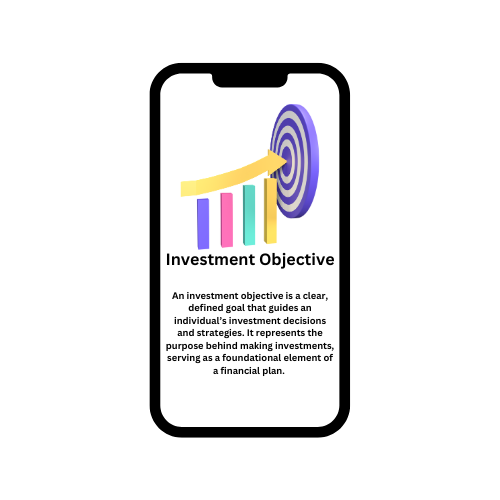Commodity futures are contracts that obligate buyers to purchase and sellers to sell a specific quantity of a commodity at a predetermined price on a future date. They play a crucial role in price discovery and risk management in financial markets. In India, regulated by the Securities and Exchange Board of India (SEBI), commodity futures encompass a wide range of agricultural and non-agricultural products.
Major exchanges like the Multi Commodity Exchange (MCX) and National Commodity and Derivatives Exchange (NCDEX) facilitate trading. These contracts allow participants to hedge against price fluctuations and offer investment opportunities, contributing significantly to the economy.
Key Aspects of Commodity Futures in India
Types of Commodities:
- Agricultural Commodities: Includes grains (wheat, rice), pulses, oilseeds (soybean, mustard), spices, and cash crops (cotton, sugar).
- Non-Agricultural Commodities: Includes metals (gold, silver, copper) and energy products (crude oil, natural gas).
Regulatory Framework:
- The commodity futures market in India is primarily regulated by the Securities and Exchange Board of India (SEBI). Previously, it was regulated by the Forward Markets Commission (FMC) before it merged with SEBI in 2015.
- The key exchanges for commodity futures trading in India are:
- Multi Commodity Exchange (MCX): Focuses on non-agricultural commodities.
- National Commodity and Derivatives Exchange (NCDEX): Primarily deals with agricultural commodities.
Contract Specifications:
- Each commodity futures contract has specific details regarding the quality and quantity of the commodity, delivery locations, and expiration dates.
- For example, a gold futures contract on MCX might specify a contract size of 1 kg of gold with a purity of 99.5%.
Trading Mechanism:
- Margin Requirement: Traders must pay an initial margin (a percentage of the total contract value) to enter a position. This acts as a security deposit.
- Mark-to-Market (MTM): Profits and losses are settled daily based on the closing prices of contracts.
- Settlement: Commodity futures can be settled in two ways:
- Physical Delivery: Actual delivery of the commodity on the expiration of the contract.
- Cash Settlement: Difference between the contract price and the market price is settled in cash.
Price Discovery:
- Futures trading facilitates price discovery through market participants’ expectations about future supply and demand conditions. This helps in determining fair prices based on market conditions.
Risk Management:
- Commodity futures allow producers and consumers to hedge against price fluctuations. For example, a farmer can lock in a selling price for his crop, while a manufacturer can secure a purchase price for raw materials.
Investment Opportunities:
- Besides hedging, commodity futures provide investment opportunities for traders looking to profit from price movements. However, trading in futures involves significant risk, and it is crucial for participants to have a clear understanding of market dynamics.
Tax Implications:
- Income from commodity trading is subject to taxation in India. Profits from futures trading are typically treated as business income, and losses can be set off against other business profits.
Challenges:
- The commodity futures market faces challenges like market volatility, regulatory changes, and the need for better infrastructure for price reporting and delivery mechanisms.
Conclusion
Commodity futures play a vital role in India’s agricultural and industrial sectors by providing a platform for price stabilization, risk management, and investment opportunities. Understanding the dynamics of this market is essential for traders, investors, and producers alike to make informed decisions and effectively manage their risk exposures.







